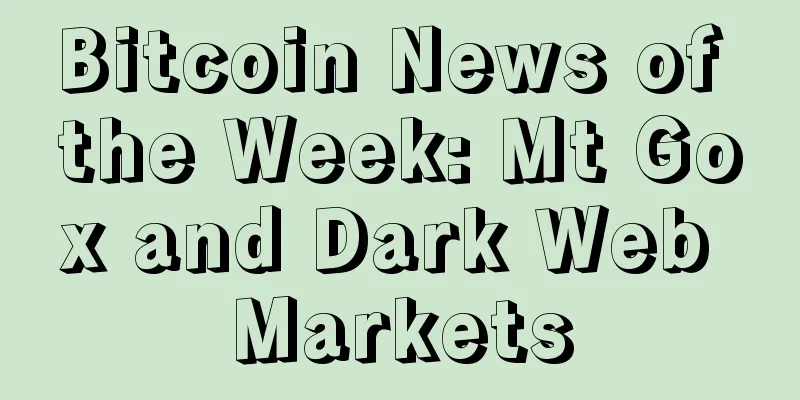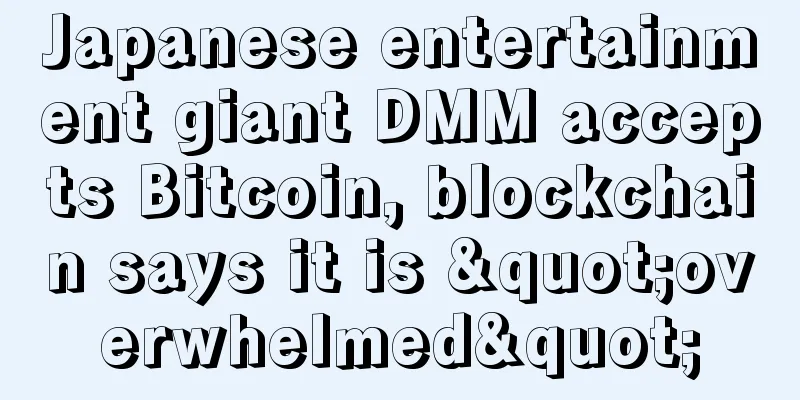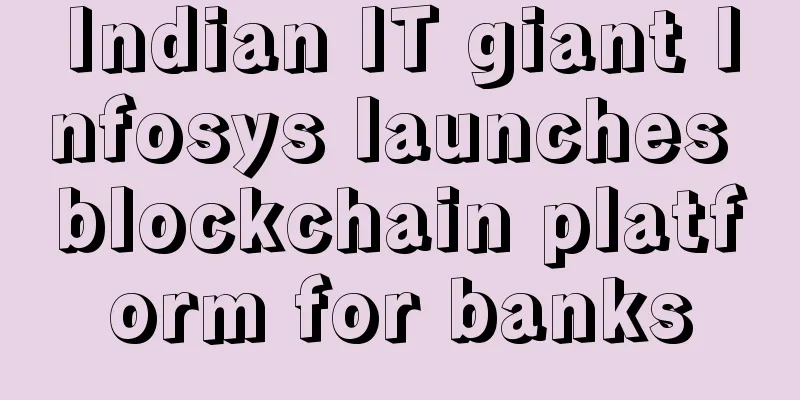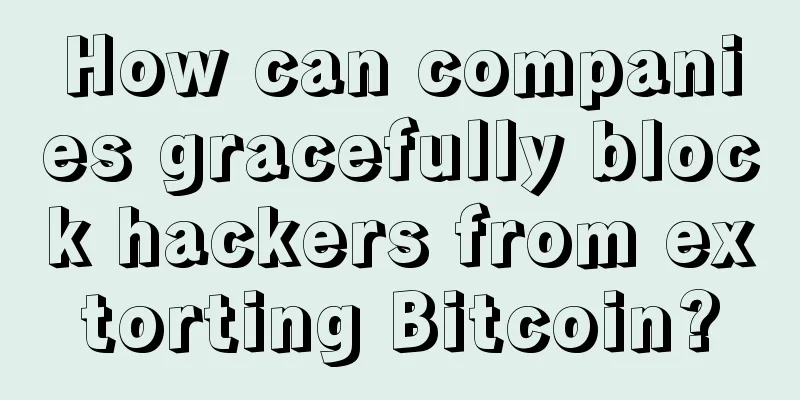Bitcoin News of the Week: Mt Gox and Dark Web Markets

|
Despite some high-profile developments in the Bitcoin and blockchain industries this summer, mainstream media outlets have mostly been repeating the same old stories. That said, the notoriety these reports have generated is still worth noting. This week, the New Yorker and Rolling Stone also reported on Bitcoin, exploring the ongoing battle over Bitcoin forks and the fall of Bitcoin exchange Mt Gox. Elsewhere, darknet markets and controversial international marketplaces took the remainder of the spotlight. A Bitcoin ProtagonistThe disgraced bitcoin exchange Mt Gox is the subject of an exposé in the latest edition of Rolling Stone magazine, the second time the US magazine has written about the bitcoin industry following its February report on Silk Road. In the final section, author David Kushner, in typical Rolling Stone style, comments on Mt Gox CEO Mark Karpeles:
Kushner further described Kepler as “the accidental king of Bitcoin,” continuing:
In addition to mentioning the early success of the bitcoin exchange, the author also quoted Tyler Winklevoss as saying that "Mt Gox was the most powerful and influential exchange in the bitcoin space." Kushner also added:
There have been new developments on this story, and some of the content described in this article may be outdated. For example, the article emphasizes that Keplers believes he will have a chance to make a comeback in the digital currency market. “Whether he is found guilty or not guilty, he hopes to learn from Mt Gox and create a more secure form of digital cash,” the authors wrote. Darknet MarketsThis week, mainstream media reported on a clear uptick in illegal Bitcoin-related activity, with some journalists making a big deal about the temporary closure of darknet marketplace Agora. The first and most widely cited report, written by Andy Greenberg of Wired, alluded to Agora’s predecessor, Silk Road, when he wrote:
Bitcoin trading comes to Iranian rialGenerally speaking, it is difficult for a new Bitcoin exchange to get much attention from the mainstream media. However, the launch of the Iranian trading platform BTXCapital is an exception. The exchange, which went online on August 24, is not the first Bitcoin exchange in the Middle East, but its establishment has unexpectedly won the attention of the global community. The exchange’s application services company, Draglet, told International Business Times that BTXCapital’s efforts in the region could fall through at any time. "From a Western perspective, this is a cool way to spread bitcoin," said Ganesh Jung, the company's chief executive. "We don't have any legal issues, but the Iranian government can block such services." Although the company’s description was very cautious, the mainstream media’s reports still came with their own “BGM”, even the two websites, the venture and IBTimes, exaggerated the headlines of the reports as usual, emphasizing that Iran is a “huge untapped market” and that the exchange may be able to unlock Bitcoin. ---- |
<<: Canadian Pension Fund OMERS Ventures Plans to Invest in Bitcoin Industry
>>: Blockchain technology could save global companies $550 billion in payment costs each year
Recommend
Cryptocurrency exchange trading volume falls for the first time in seven months
Trading volumes on major cryptocurrency exchanges...
Coin Zone Trends: Bitcoin Price Trends Based on Big Data This Week (2017-02-04)
Funds are flowing back and the price of coins is ...
Do people with sunken foreheads have bad luck?
A person's forehead can reflect his future. I...
Inventory: What kind of nose is lucky?
In physiognomy, the nose is the so-called place w...
Who is the most blessed by the ears
Who is the most blessed by the ears Ancient peopl...
Chilean Bitcoin Exchange Surbtc Launches Fundraising Campaign for Earthquake Relief
The Chilean government has declared a state of em...
Women's faces that are prone to divorce
Women's faces that are prone to divorce It is...
A face that can easily win the favor of the boss
A face that can easily win the favor of the boss ...
Basic course of fortune telling (8) fortune telling by extracting characters★ Dream Interpreter fortune telling★
There was a Mr. Min whose wife was seriously ill....
Can a mole on the root of the nose be removed? What are the consequences?
Beautiful appearance is becoming more and more im...
Monster Network of Qicai Research Institute creates a groundbreaking new digital asset chain trading platform
At 20:00 on the evening of September 9, Qicai Res...
Rare and extremely wealthy moles on women
Rare and extremely wealthy moles on women Mole on...
What is the fate of people with broken palms in their past and present lives?
In Taoism, there is the concept of the six realms ...
What does a mole on the sole of a woman's left foot mean?
In mole physiognomy, moles in different places ha...
FTX acquires LedgerX, launching the first shot in the US crypto derivatives market "beachhead landing war"
FTX.US, the US-based subsidiary of FTX, announced...









